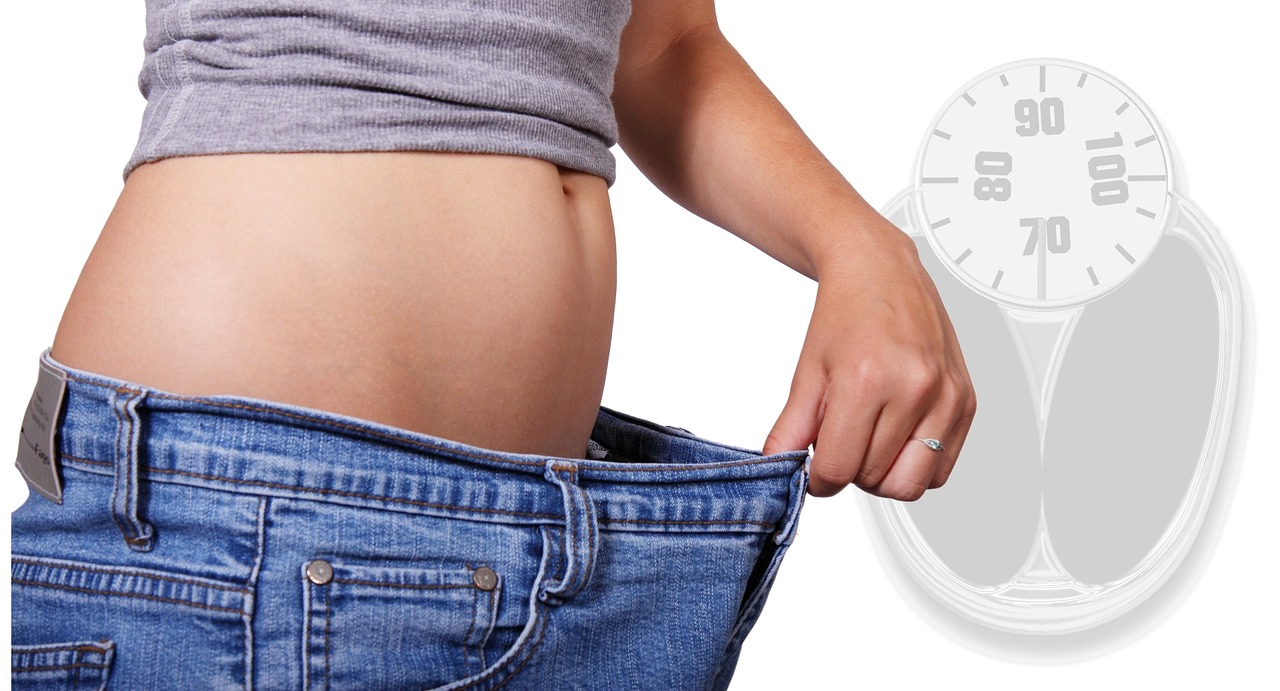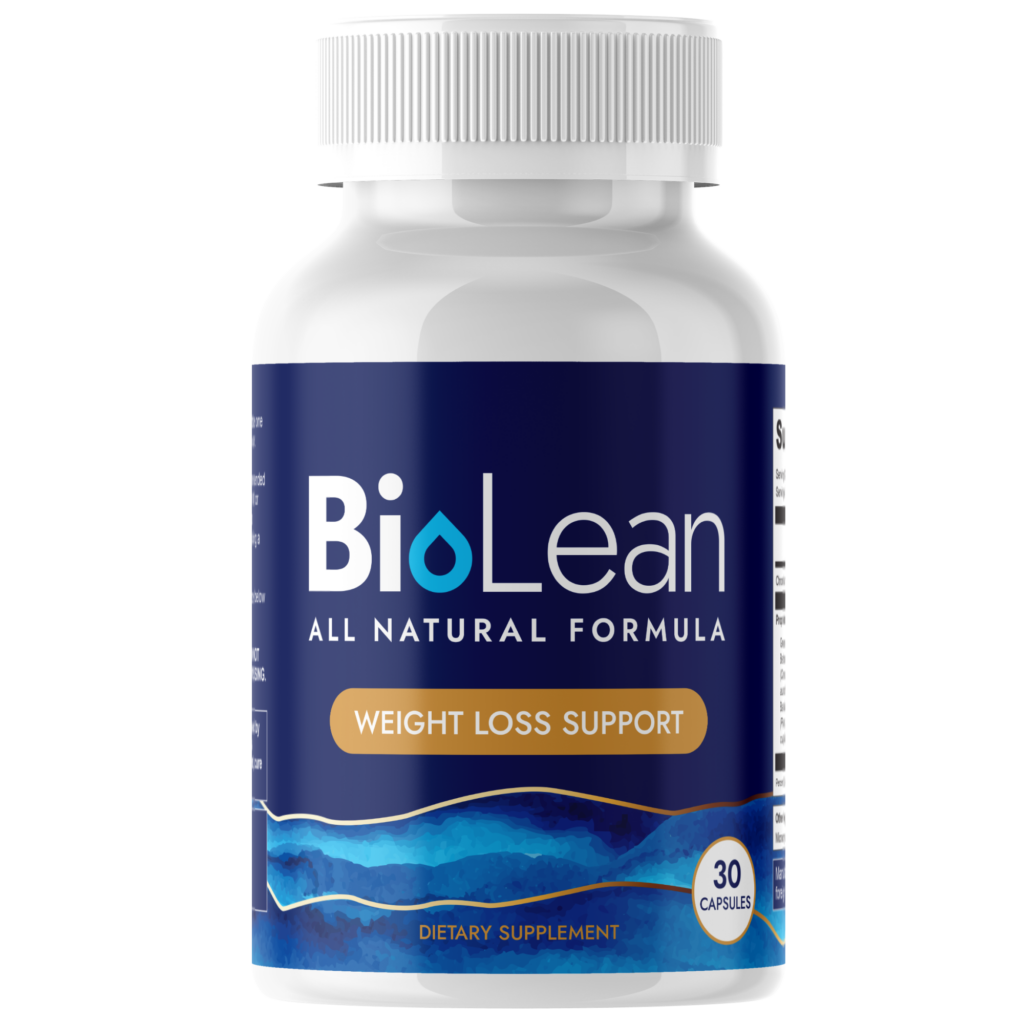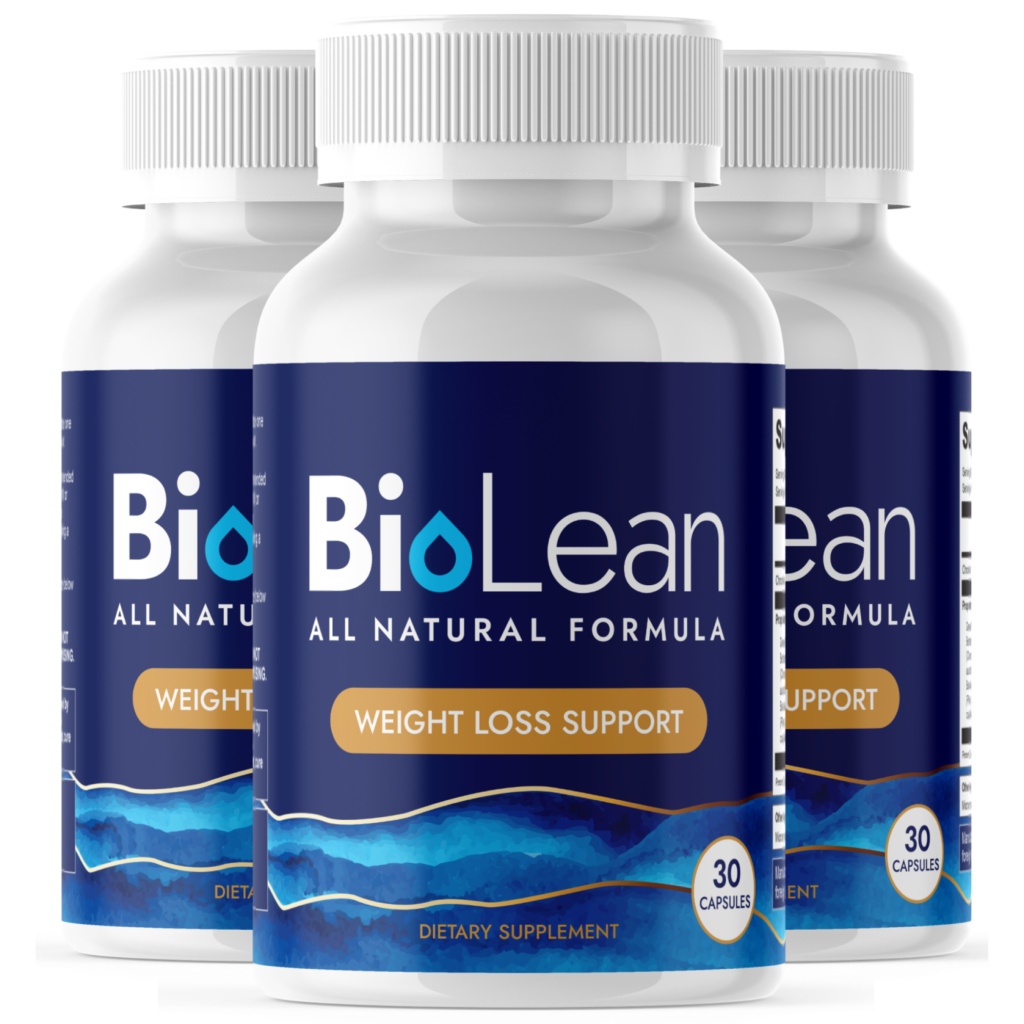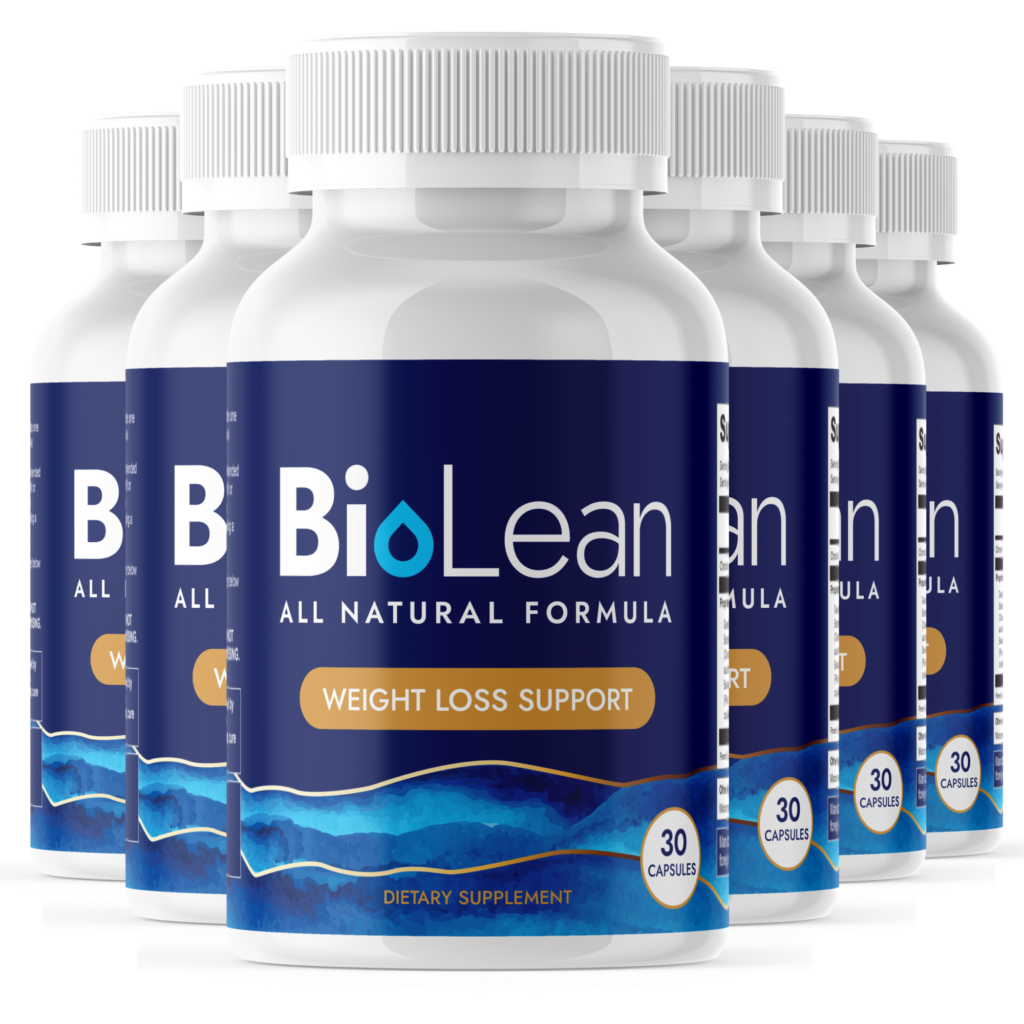Introducing Biolean

Biolean Capsules: Transforming Weight Loss
In the relentless pursuit of achieving a healthy body weight, individuals often find themselves navigating through a maze of diet plans, exercise regimens, and weight loss supplements. Among these, Biolean capsules have emerged as a promising solution, offering a natural and effective approach to weight management.
Understanding Biolean Capsules
Biolean capsules are formulated with a blend of natural ingredients that work synergistically to support weight loss and promote overall well-being. These capsules typically contain extracts from herbs and plants known for their beneficial effects on metabolism, appetite control, and energy levels.
How Biolean Capsules Work
Biolean capsules work through a multi-faceted approach to support weight loss:
- Appetite Control: Ingredients like Garcinia Cambogia and green tea extract help reduce cravings and promote feelings of fullness, preventing overeating and snacking.
- Metabolism Boost: The thermogenic properties of ginger, cayenne pepper, and caffeine stimulate metabolism, enabling the body to burn calories more efficiently, even at rest.
- Energy Enhancement: Caffeine and green tea extract provide a natural energy boost, combating fatigue and supporting physical activity, which is essential for weight management.
- Fat Oxidation: By promoting fat oxidation and inhibiting fat synthesis, Biolean capsules assist in the breakdown and utilization of stored fat for energy.
Benefits of Biolean Capsules
- Natural Ingredients: Biolean capsules are formulated with natural ingredients, making them safe for long-term use without adverse side effects.
- Effective Weight Loss: The synergistic blend of ingredients targets multiple aspects of weight loss, resulting in noticeable and sustainable results.
- Boosted Energy: Enhanced energy levels support an active lifestyle, enabling individuals to engage in regular exercise and physical activity.
- Improved Metabolic Health: Biolean capsules promote metabolic health by increasing calorie expenditure and optimizing fat metabolism.
- Convenience: As capsules, Biolean supplements offer convenience and ease of use, making them a practical addition to any weight loss regimen.
In Conclusion
Biolean capsules offer a holistic approach to weight management, harnessing the power of natural ingredients to support healthy weight loss. By addressing appetite control, metabolism, and energy levels, these capsules pave the way for individuals to achieve their weight loss goals and embark on a journey to improved overall well-being. Always consult with a healthcare professional before starting any new supplement regimen, especially if you have underlying health conditions or are taking medications.
Scientific References
- Holtcamp, W. (2012). Obesogens: An Environmental Link to Obesity. Environmental Health Perspectives, 120(2), a62. https://doi.org/10.1289/ehp.120-a62
- Chamorro-Garcia, R., & Blumberg, B. (2019). Current Research Approaches and Challenges in the Obesogen Field. Frontiers in Endocrinology, 10. https://doi.org/10.3389/fendo.2019.00167.
- Poti, J. M., Braga, B., & Qin, B. (2017). Ultra-processed Food Intake and Obesity: What Really Matters for Health – Processing or Nutrient Content? Current Obesity Reports, 6(4), 420. https://doi.org/10.1007/s13679-017-0285-4
- Koncz, D., Tóth, B., Bahar, M. A., Roza, O., & Csupor, D. (2022). The Safety and Efficacy of Citrus aurantium (Bitter Orange) Extracts and p-Synephrine: A Systematic Review and Meta-Analysis. Nutrients, 14(19). https://doi.org/10.3390/nu14194019
- Miura, T., Takagi, S., & Ishida, T. (2012). Management of Diabetes and Its Complications with Banaba (Lagerstroemia speciosa L.) and Corosolic Acid. Evidence-Based Complementary and Alternative Medicine : ECAM, 2012. https://doi.org/10.1155/2012/871495
- Li, F., Gao, C., Yan, P., Zhang, M., Wang, Y., Hu, Y., Wu, X., Wang, X., & Sheng, J. (2018). EGCG Reduces Obesity and White Adipose Tissue Gain Partly Through AMPK Activation in Mice. Frontiers in Pharmacology, 9. https://doi.org/10.3389/fphar.2018.01366
- Hillsley, A., Chin, V., Li, A., & McLachlan, C. S. (2022). Resveratrol for Weight Loss in Obesity: An Assessment of Randomized Control Trial Designs in ClinicalTrials.Gov. Nutrients, 14(7). https://doi.org/10.3390/nu14071424
- Zheng, J., Zheng, S., Feng, Q., Zhang, Q., & Xiao, X. (2017). Dietary capsaicin and its anti-obesity potency: From mechanism to clinical implications. Bioscience Reports, 37(3). https://doi.org/10.1042/BSR20170286
- Li, Z., & Ji, G. E. (2018). Ginseng and obesity. Journal of Ginseng Research, 42(1), 1-8. https://doi.org/10.1016/j.jgr.2016.12.005
- Hadi, A., Pourmasoumi, M., Najafgholizadeh, A., T. Clark, C. C., & Esmaillzadeh, A. (2021). The effect of apple cider vinegar on lipid profiles and glycemic parameters: A systematic review and meta-analysis of randomized clinical trials. BMC Complementary Medicine and Therapies, 21. https://doi.org/10.1186/s12906-021-03351-w
- Seo, S. H., Fang, F., & Kang, I. (2021). Ginger (Zingiber officinale) Attenuates Obesity and Adipose Tissue Remodeling in High-Fat Diet-Fed C57BL/6 Mice. International Journal of Environmental Research and Public Health, 18(2). https://doi.org/10.3390/ijerph18020631
- Ye, Y., Liu, X., Wu, N., Han, Y., Wang, J., Yu, Y., & Chen, Q. (2021). Efficacy and Safety of Berberine Alone for Several Metabolic Disorders: A Systematic Review and Meta-Analysis of Randomized Clinical Trials. Frontiers in Pharmacology, 12. https://doi.org/10.3389/fphar.2021.653887
- Jain, S. G., Puri, S., Misra, A., Gulati, S., & Mani, K. (2017). Effect of oral cinnamon intervention on metabolic profile and body composition of Asian Indians with metabolic syndrome: A randomized double -blind control trial. Lipids in Health and Disease, 16. https://doi.org/10.1186/s12944-017-0504-8
- Park, J., Kim, L., Jung, Y., Ahn, K. S., Kwak, H. J., & Um, Y. (2019). Bitter Orange (Citrus aurantium Linné) Improves Obesity by Regulating Adipogenesis and Thermogenesis through AMPK Activation. Nutrients, 11(9). https://doi.org/10.3390/nu11091988
- Kurşunoğlu, N. E., & Sarer Yurekli, B. P. (2022). Endocrine disruptor chemicals as obesogen and diabetogen: Clinical and mechanistic evidence. World Journal of Clinical Cases, 10(31), 11226-11239. https://doi.org/10.12998/wjcc.v10.i31.11226
- Kladnicka, I., Bludovska, M., Plavinova, I., Muller, L., & Mullerova, D. (2022). Obesogens in Foods. Biomolecules, 12(5). https://doi.org/10.3390/biom12050680



